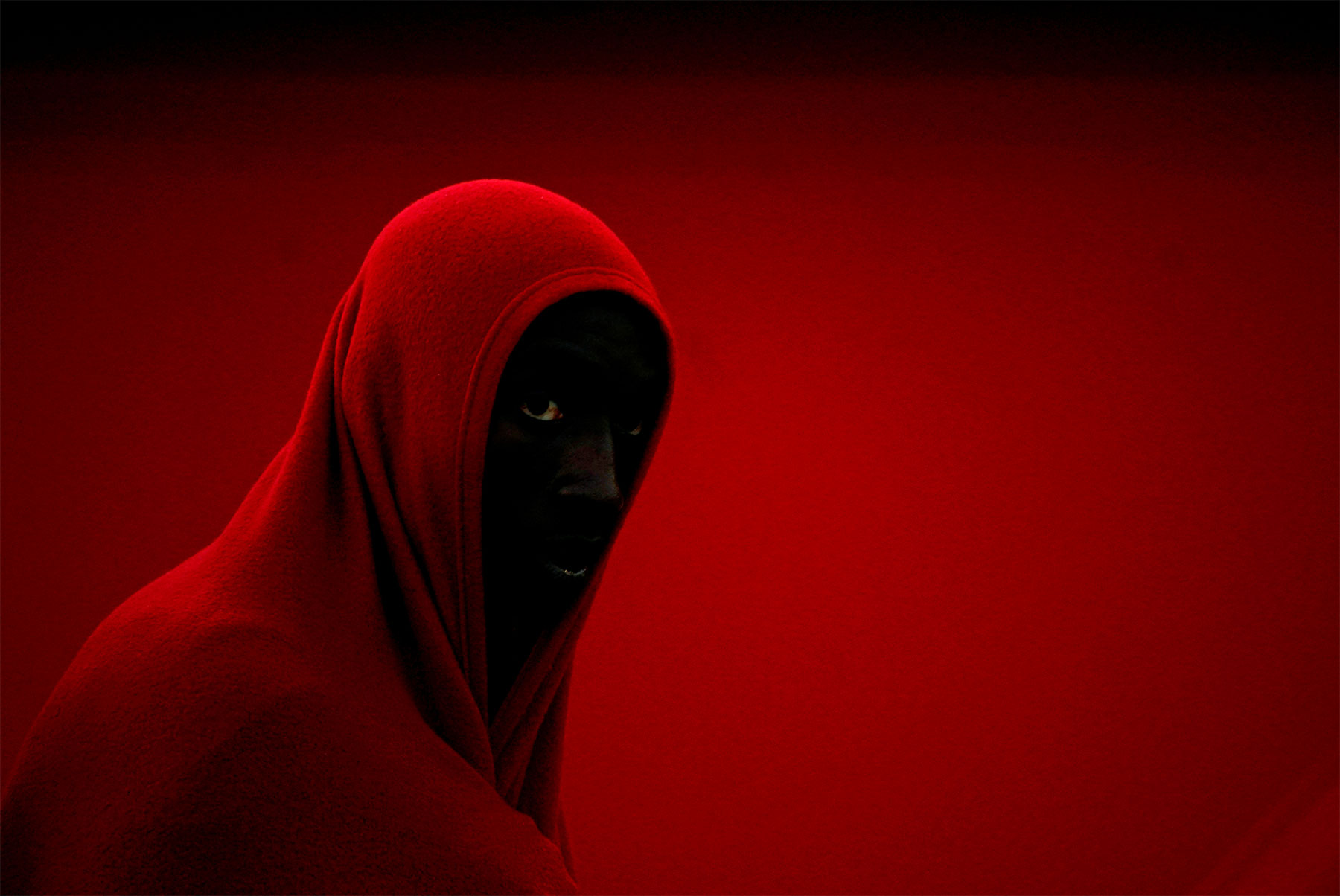On September 20–21, the Russian International Affairs Council hosted IV International Conference “Migration and International Law” that gathered experts in the field from Russia and abroad. RIAC Website Editor Maria Smekalova discussed with Anne-Elisabeth Ravetto, Acting Representative of the UNHCR in the Russian Federation, the process of finding solutions to the situation of forcedly displaced populations and UNHCR’s role in it.
On September 20–21, the Russian International Affairs Council hosted IV International Conference “Migration and International Law” that gathered experts in the field from Russia and abroad. RIAC Website Editor Maria Smekalova discussed with Anne-Elisabeth Ravetto, Acting Representative of the UNHCR in the Russian Federation, the process of finding solutions to the situation of forcedly displaced populations and UNHCR’s role in it.
What migration-related challenges can you outline for the near future? What tendencies do you think are going to be dominant in the near future?
I have just presented at the international conference the humanitarian system which governs the prevention and response to man-made humanitarian crisis forcing internal displacement, the latest developments in the field of refugees, and the inter-connections with migrations.
UNHCR works with the authorities in countries affected by forced displacement, UN agencies, NGOs, and the affected populations, including refugees and IDPs.
With the high number of forcedly displaced population today as a result of persecution, conflict or generalized violence (68.5 million in 2017) humanitarian actors alone cannot respond to humanitarian crisis, which require high financial needs to save life, but also a whole humanitarian-peace – development nexus for prevention and solutions. The idea is to bring States, development actors, financial institutions, private sector etc. together to build all these factors into the prevention and response to these crises. At the UN level, there is a UN reform that is working at improving the inclusion of humanitarian, peace and development actors to prevent humanitarian crisis, save lives and build up solutions to the pleas of forcedly displaced populations in a reinforced coordinated approach.
There are a lot of talks about the humanitarian toll the conflicts take, but how do we actually persuade the conflicting parties to take it seriously?
UNHCR is a humanitarian agency. We are working at providing protection and assistance to refugees, IDPs and other affected populations as previously explained. Humanitarian actors are neutral. During the presentation, I recalled the importance of the humanitarian principles of humanity, neutrality, impartiality and independence.
How can you evaluate the work that the UN does here in Russia? Has it been effective? Can you outline any issues that you’ve encountered? What’s been difficult, what’s been good, what’s been bad?
I am currently in my induction phase in the Russian Federation, as I only took my functions in Moscow some four months ago. I have previously worked in many emergency countries with important humanitarian needs, a UN humanitarian response setting and many humanitarian actors. Russia is an extremely different working environment: it is a developed country, there is no refugee crisis. So, the work is very different.
The mandate of UNHCR is to provide international protection to refugees and promote durable solutions to their problems. This is what we are doing in all countries. In the Russian Federation, we are supporting asylum seekers, refugees, and stateless persons, we are promoting refugee law, providing expert support etc. We are also working at building a better understanding of the situation of forcedly displaced populations globally, their rights and needs. This is very important in today’s mixed migration situations, where IDPs, refugees, migrants and others are often on the move together – which was the topic of RIAC’s international conference. The UN High Commissioner for Refugees has led the drafting, with UN Member States, private sector, refugees, etc., of a Global Compact on Refugees that will set the ground for a more sustainable system for providing refugee protection and responding to the needs of host countries and communities faced with massive influxes. It will be proposed for adoption by UN Member States later this year.
Has it been difficult working with the authorities here?
It is yet a little difficult for me to say so far. But I hope everything will go as smoothly as possible.






